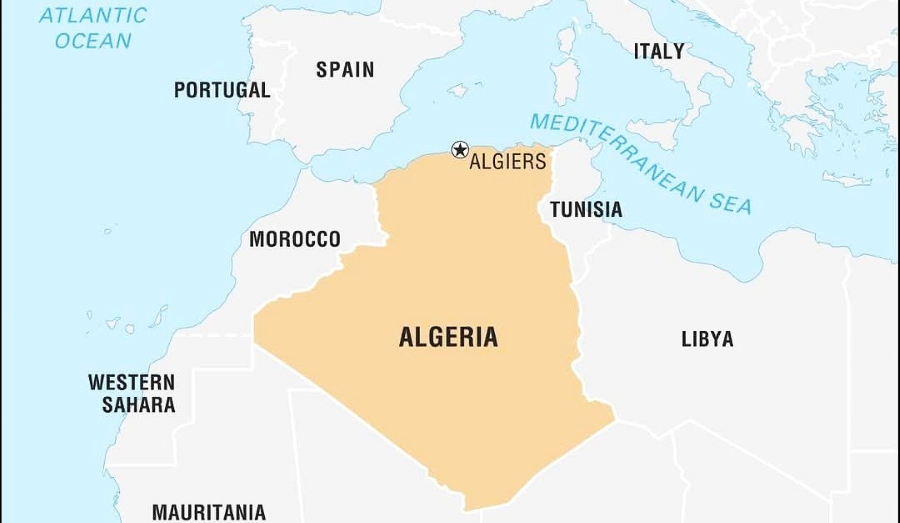Algeria is at loggerheads with France over the 57-year-old migration, employment and residence agreement between the two countries.
The simmering crisis is threatening the future of 800,000 Algerians currently living and working in France.
The deepening diplomatic crisis between the two states is pivoted on the 1968 France-Algeria agreement, which governs Algerian employment and residence in France.
France’s push to abandon the decades-old deal, seen as advantageous to Algeria, has sparked fierce backlash from Algiers, threatening bilateral relations and reigniting debates over colonial legacies.
Signed on December 27, 1968, the agreement grants Algerians special status for migration, employment, and residence in France, distinct from other foreign nationals.
It allows workers from Algeria to enter France without standard visa requirements, secure residence permits after three years, and access social security and family reunification benefits.
In return, France gained assurances on repatriating Algerians who lost employment and mechanisms to curb irregular migration.
The deal, rooted in post-independence negotiations following Algeria’s 1962 liberation from French colonial rule, has long been a cornerstone of bilateral ties.
France’s desire to scrap the agreement stems from domestic political pressures and claims that it is “unbalanced.”

French officials, including Prime Minister François Bayrou, argue the deal disproportionately benefits Algeria, granting privileges not extended to other migrant groups.
On February 26, 2025, Bayrou announced plans to “re-examine the entirety” of the accords, citing outdated provisions and the need for modern migration policies.
French authorities estimate that over 800,000 Algerians reside in France, many under the agreement’s framework, contributing to debates over immigration ahead of upcoming elections.
Algeria has vehemently opposed France’s move, accusing Paris of undermining historical commitments and stoking anti-Algerian sentiment.
Algerian Foreign Minister Ahmed Attaf called the push “unacceptable,” warning of retaliatory measures, including restrictions on French nationals and businesses in Algeria.
Algiers views the agreement as a symbol of post-colonial sovereignty, and its potential termination as a betrayal of trust.
On May 7, 2025, French government spokesperson Sophie Primas confirmed a “blocked” dialogue, hinting at a tougher French stance if Algeria does not engage in renegotiations.
The crisis has fuelled public discourse in both nations.
In France, critics of the agreement, including Interior Minister Bruno Retailleau, argue it hampers immigration control, with Retailleau calling it “disadvantageous” as early as September 2024.
Conversely, Algerian officials and diaspora groups in France, like Senator Akli Mellouli, defend the deal, asserting it protects Algerian rights and that scrapping it would further marginalize their community.
Mellouli recently stated that the agreement’s framework has excluded Algerians from administrative advancements granted to other migrants, highlighting its limitations.
Tensions have also spilled into economic and cultural spheres. Algeria has threatened to curb French access to its oil and gas markets, while France has hinted at reviewing trade preferences.
The dispute risks inflaming nationalist sentiments, with protests reported in Algiers and among Algerian communities in Paris.
As both sides dig in, the fate of the 1968 agreement remains uncertain, casting a shadow over one of the most significant post-colonial relationships in the Mediterranean.

